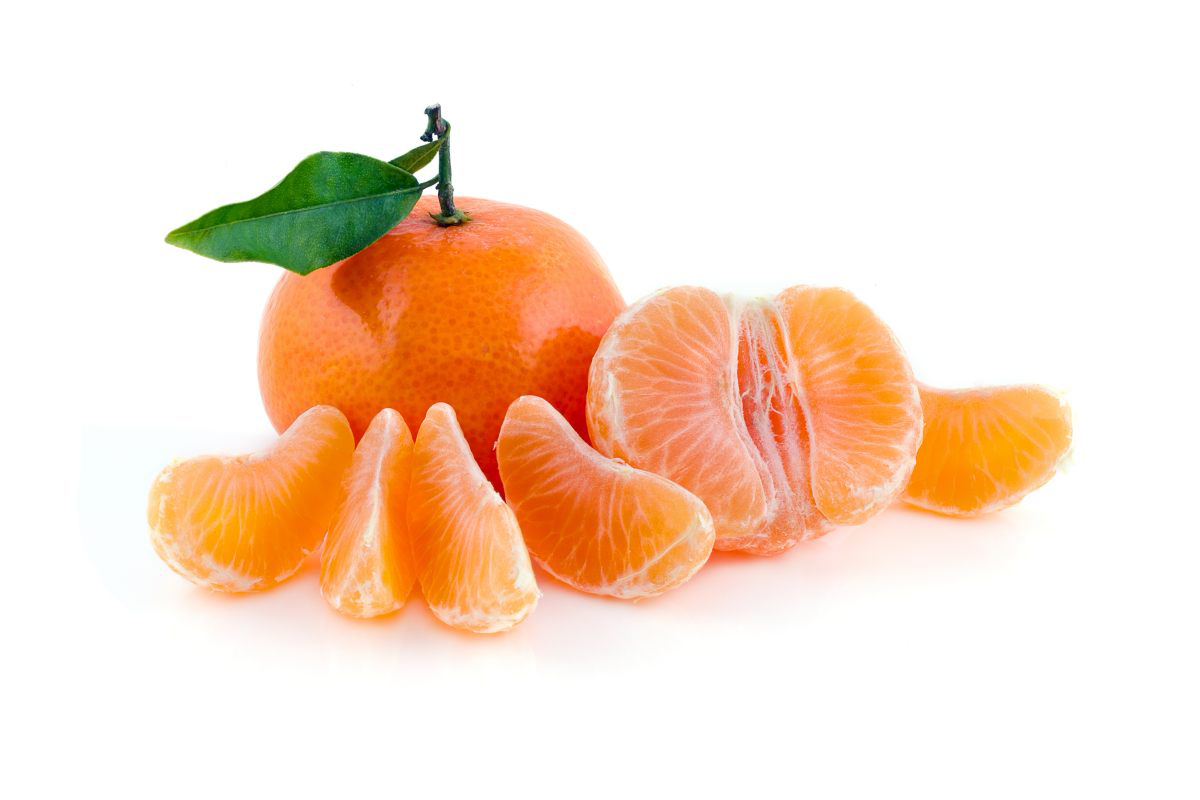
Mandarin oranges are also an excellent source of vitamin C, which is an antioxidant that helps the immune system function and creates collagen, essential for wound healing and healthy skin.

Smaller sized clementines contain about 35 calories and 10 grams of carbohydrates. Mandarin oranges are delicious and full of nutrition, all in a tiny package! A large 120g mandarin orange (about 2 ¾ inches in diameter) has about 60 calories and 15 grams of carbohydrates. Mandarin oranges aren’t typically found in the freezer aisle, as freezing reduces the taste and texture of oranges. Be sure to choose canned or packaged mandarin oranges labeled as “no sugar added” and drain well before eating to help reduce the effect on blood glucose (blood sugar). Mandarin oranges can also be found in the canned foods aisle. Mandarins stored in the fridge can last from two weeks to a month. They’ll ripen much quicker at room temperature and easily mold if not eaten within a week. Store mandarin oranges in a cool, dark place such as the fridge. Choose fruits that look heavy for their size and are unblemished. Satsuma: Originating from Japan, this seedless variety has a thicker, more delicate skin and bruises easily, making it great to eat locally or used in canning for shipment.Ĭlementines are usually found in two- or five-pound bags, while tangerines and sumo mandarins are sold individually.

Sumo: A larger variety that has the most intense orange flavor.Tangerines: This larger variety of mandarin orange is more tart and has a deeper orange/red color.Clementines: The smallest mandarin orange, they are seedless and very easy to peel, making them a great choice for kids.This is when a lot of other fruits are out of season, like berries. Grown mostly in California, mandarins are considered a winter fruit and are in season November through April.


 0 kommentar(er)
0 kommentar(er)
